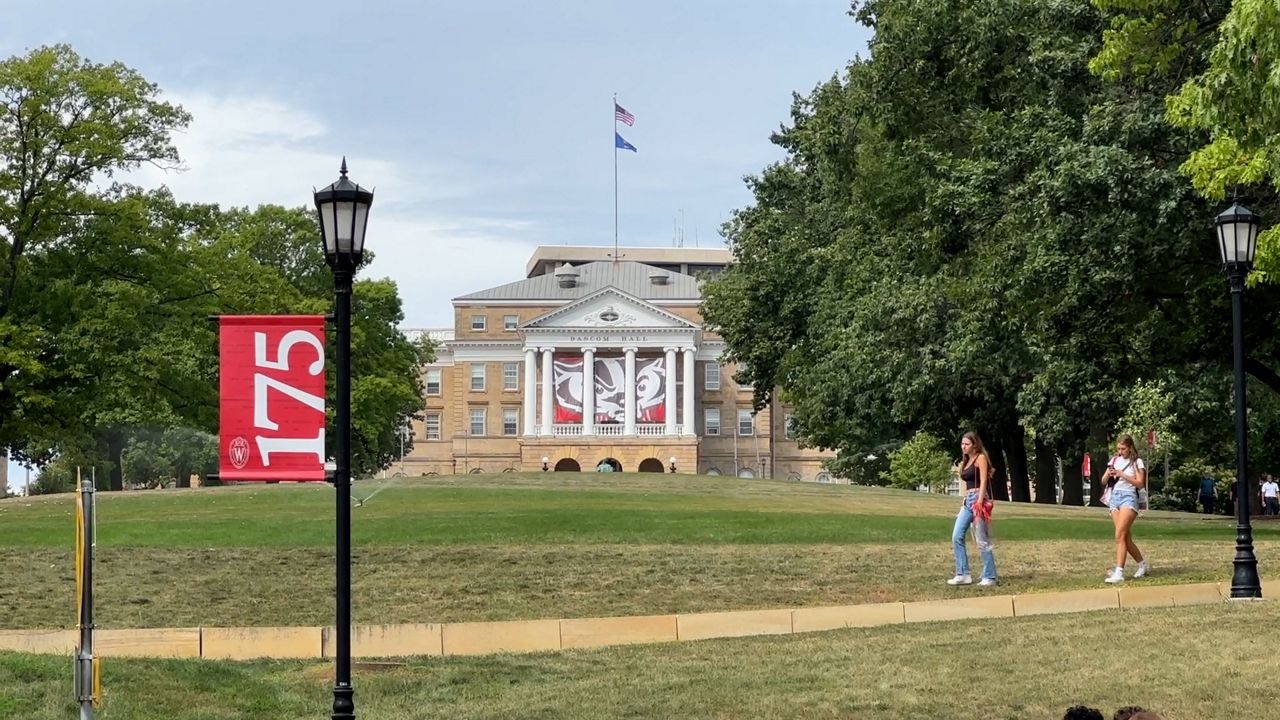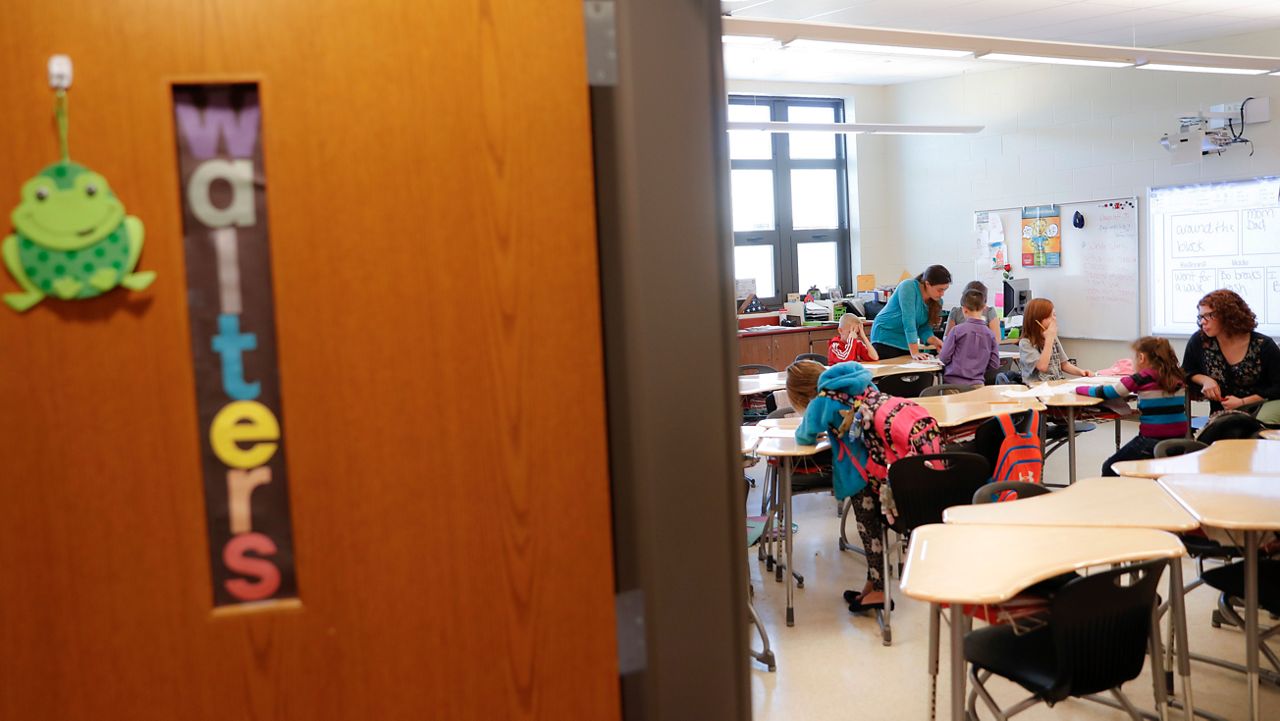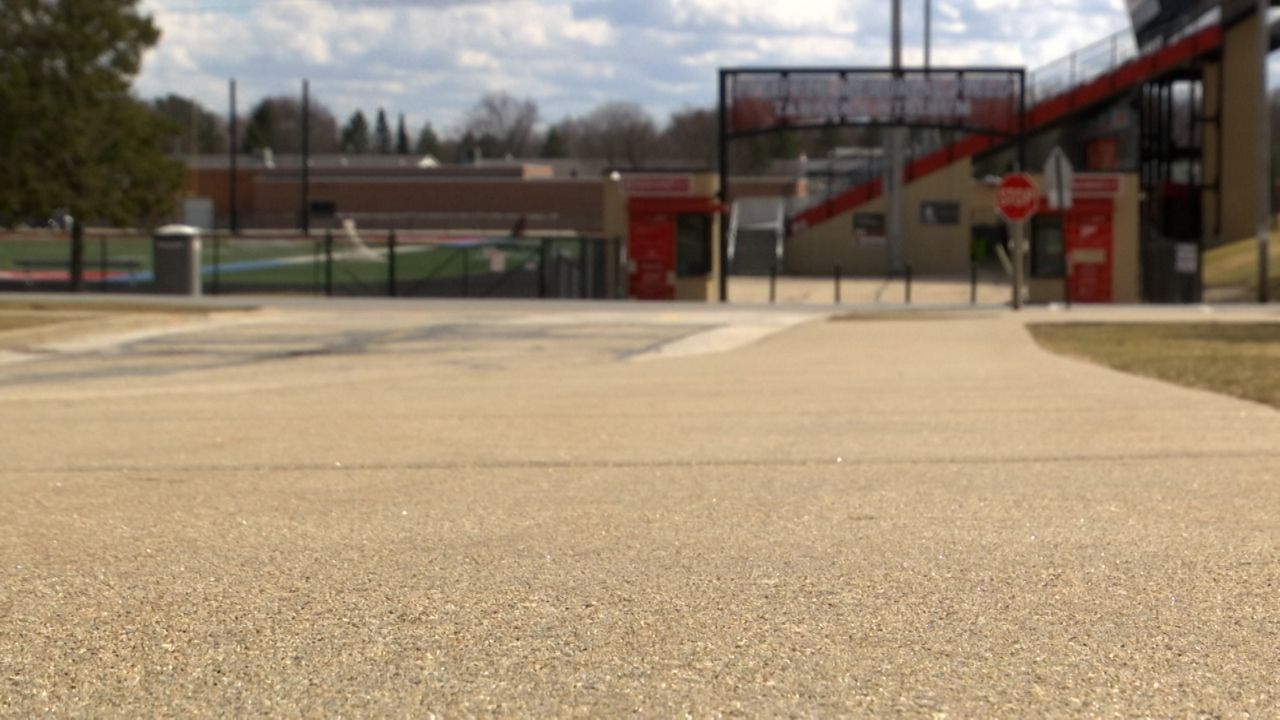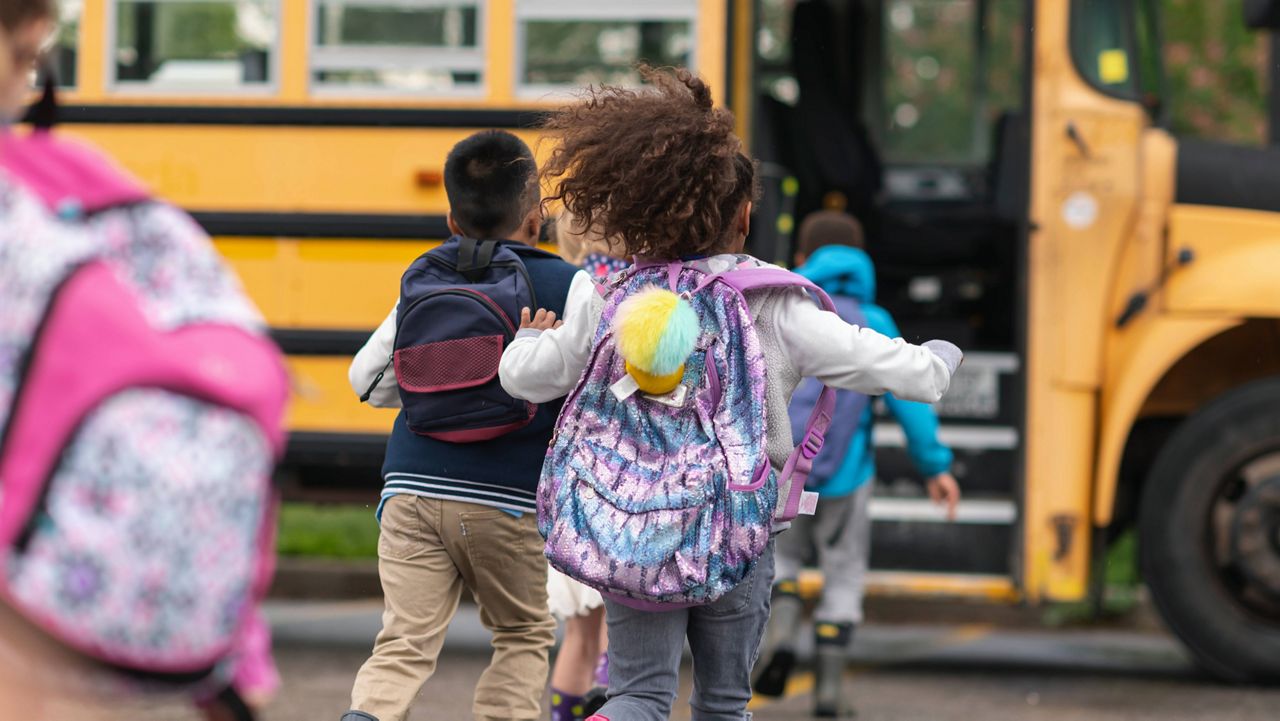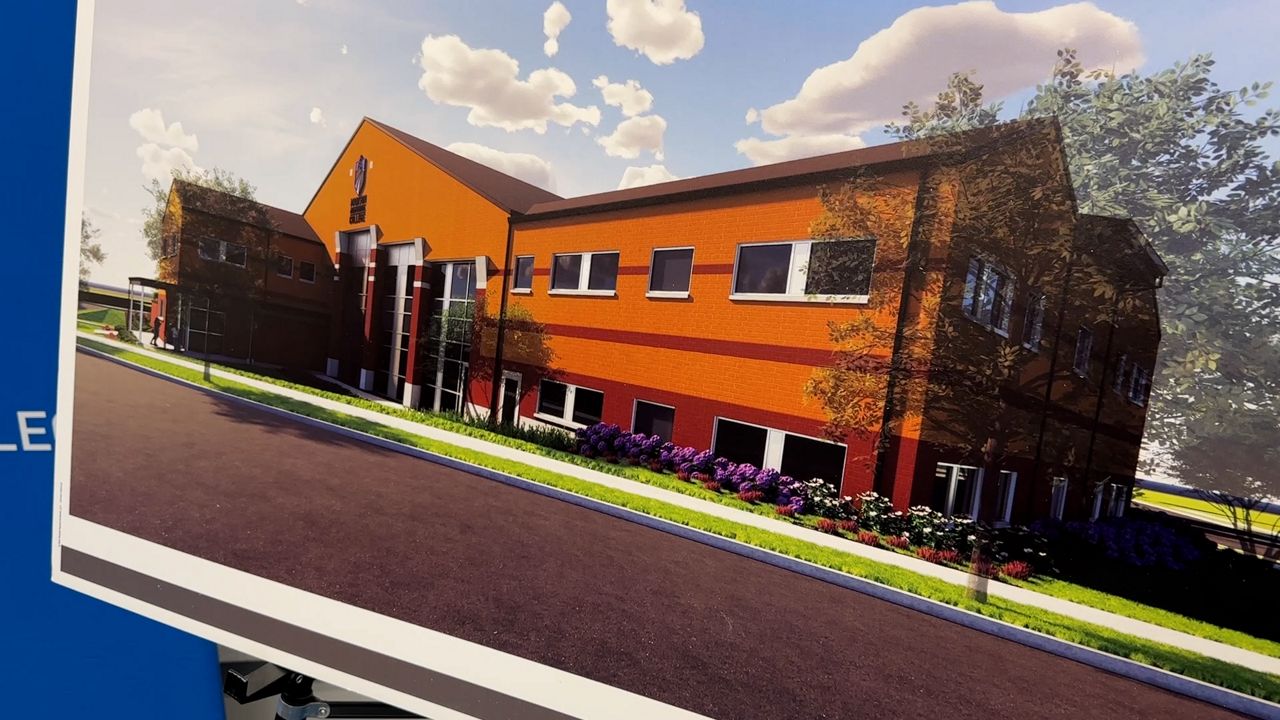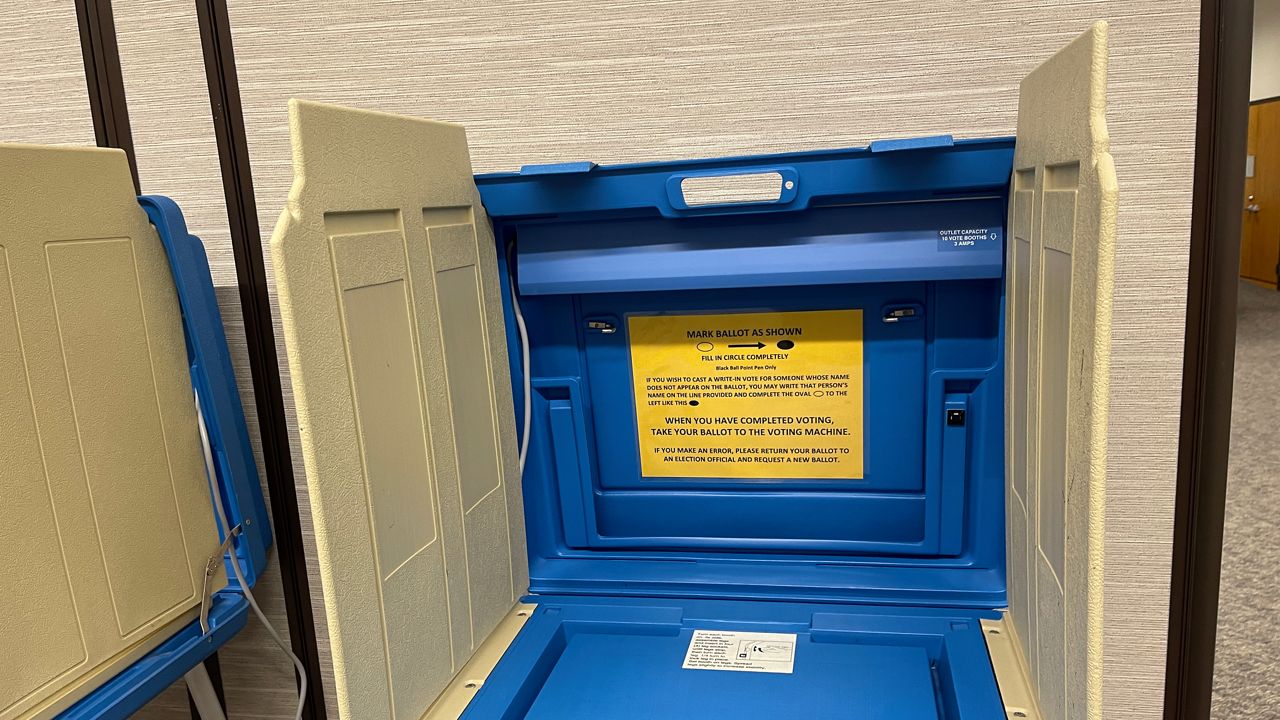WISCONSIN — Out of 94 ballot questions between the Feb. 2025 primary and April 2025 election, 53 school district referenda were approved in Wisconsin, per unofficial election results.
This year was the 16th year in a row that the majority of school referenda passed.
In total, voters passed $950.8 million — $441.7 million for operation needs and $509.1 million for debt for capital projects — to support school districts around the Badger State. That’s the highest approved dollar amount in an off-election year since 1990, the Wisconsin Policy Forum said.
That’s an approval rate of 56.4%, which is higher than 2023’s approval rate of 54.9%. According to the Wisconsin Policy Forum, “approval rates tend to be lower in odd-numbered years when midterm and presidential elections are not on the ballot.”
Wisconsin Policy Forum noted that despite the increase, 2025 had the lowest passage rate of referenda in a non-presidential or midterm election year since 2011. Approval rates peaked in 2018 and 2019 and have since been on a downward trend, researchers said.
In Nov. 2024, Marquette University Law School Poll found Wisconsin voters favored “reducing property taxes” over “increasing spending on public schools.” In Feb. 2025, 41% of Wisconsin voters favored increased spending on public schools. Wisconsin Policy Forum said that is the lowest percent since the poll first asked the question in 2013.
Evaluating the largest referenda
Of the 10 largest referenda, voters only passed three.
Voters decided the Oshkosh Area School District can go forward with a $197.8 million building referendum. The measure passed by only a couple hundred votes, with 13,958 saying “yes” and 13,487 saying “no.”
A $190 million operations referendum for the Racine Unified School District passed by narrow margins. The money will be distributed over five years to fund operational expenditures.
Voters also passed a $59.4 million capital referendum for Port Washington-Saukville School District. That money will support construction of a new elementary school, make maintenance improvements across all district buildings and increase accessibility and safety in all district buildings.
Meanwhile, referenda proposed by Arrowhead Union, Sheboygan Falls School District, Baraboo School District, Beloit School District, Kenosha Unified School District, Fond du Lac School District and Wausau School District all failed.
Notably, Arrowhead voters did not pass a $136.2 million referenda to consolidate the high school campus after a failed $261.2 million referenda in the fall.
Looking at retry referenda
The Wisconsin Policy Forum found that 36 — or 38.3% — of the referenda proposed this year were “retries,” or a referendum that was proposed within two years of the failure of another referendum for the same purpose.
The Wisconsin Policy Forum classified 25 of 62 proposed 2025 operating referenda as retries.
Researchers said the other 11 retries were for referenda related to debt.
Only 17 of the retry referenda were successful this time around — 12 operating referenda and five debt referenda.
Notably, Mauston School District voters passed its retry operating referendum. The school district requested this funding for a third time, and said it would dissolve if the referendum did not pass this time around.
The Wisconsin Policy Forum said retry referenda aren’t uncommon. Of 1,081 initially failed referenda since 1990, 684 (58.6%) were retried within two years of the first ask. Of those, 484 (70.8%) eventually passed.
Since 2000, Wisconsin voters have seen about three retry referenda for every five failed referenda.
There have been more retry referenda over time, according to researchers.
Between 2000 to 2017, about half of failed operating referenda were not retried within two years. Since 2018, more than 75% of failed operating referenda were retried.
From 2011 to 2013, most failed referenda were not retried within two years of their initial proposal.
From 2022 to 2024, less than 20% of failed referenda were not retried within two years of their initial proposal.
Looking at 2024 specifically, 34 operating referenda failed for the first time at some point in the calendar year; 29 have already been retried and of those, 18 have passed.
Why more school districts could be retrying referenda
The Wisconsin Policy Forum said that inflation is rising faster than state-imposed revenue limits, “which cap the funds that school districts can receive from property taxes and general state aid.” It has been since 2012. Researchers said this trend has actually “intensified in recent years.”
The 2021-23 state budget did not increase per pupil revenue limit. During this time, researchers noted inflation was higher than it had been decades.
Federal pandemic aid ran out in 2024, too.
“The trend toward more retries for failed operating referenda likely speak to these pressures,” researchers said.
Researchers said successful retry referenda signify an “understanding” between school districts and their voters. In some cases, school districts will ask for less money, or in others, voters are more sympathetic to a repeated request.
Additionally, in 2018, then-Gov. Scott Walker approved 2017 Wisconsin Act 141. The law mandates that school districts “with a failed operating referendum cannot benefit from an increase in the state’s minimum revenue limit for all districts for three years.” However, the freeze can be lifted if the school district successfully passes a subsequent referendum. Researchers said this could also explain the increase in retry referenda seen since 2018.
Gov. Tony Evers’ budget proposal would eliminate the low ceiling penalty under 2017 Act 141. However, Evers made that proposal in 2023. The Legislature rejected it.
Read the full report from the Wisconsin Policy Forum below:
Rachel Ryan contributed to this report.
Aly Prouty - Digital Media Producer
Aly Prouty is a digital producer for Spectrum News 1 Wisconsin, Ohio and Kentucky. An award-winning, multimedia journalist, she holds an honors B.A. in journalism from Marquette University and an M.A. in journalism and media studies from The University of Alabama.






